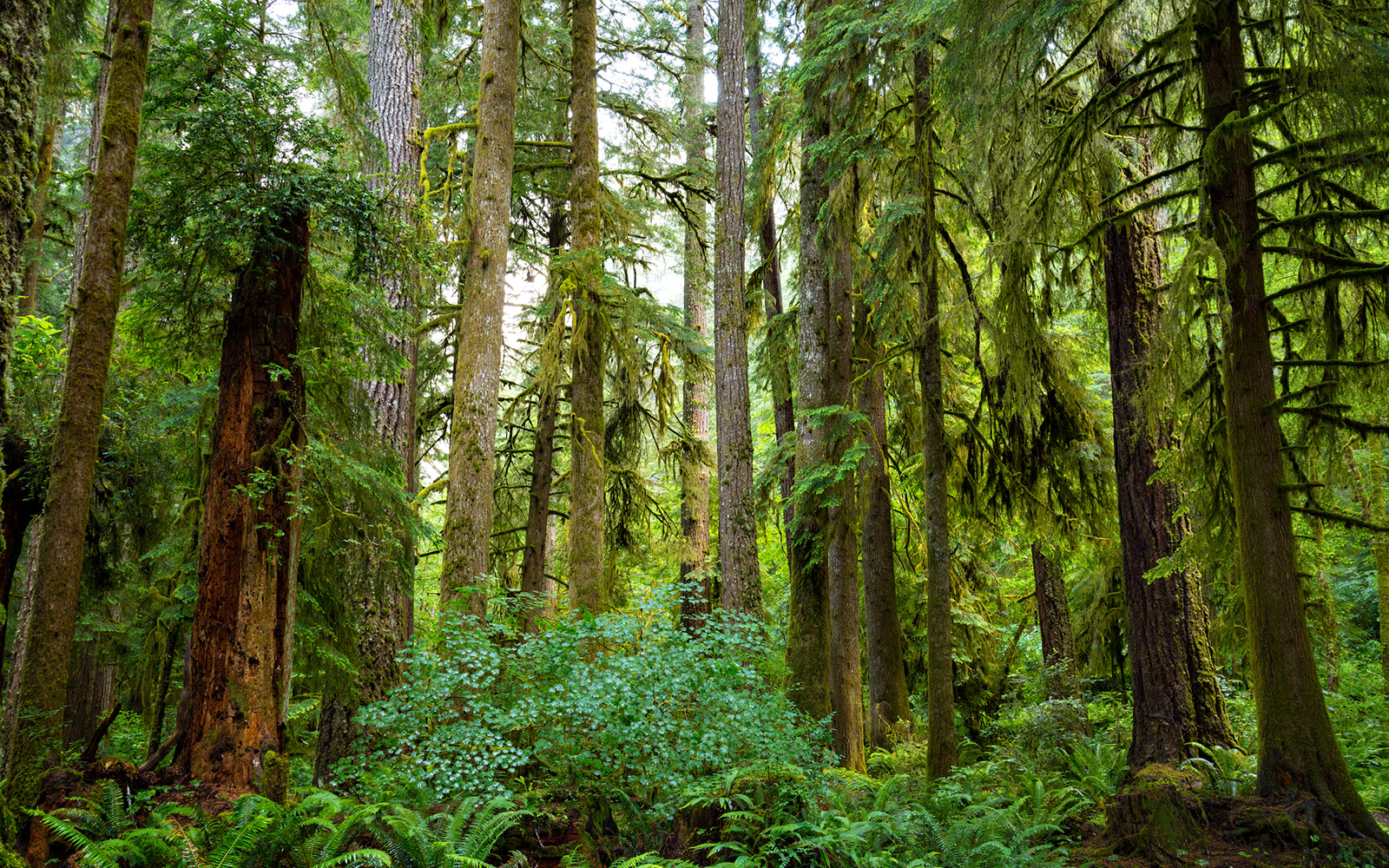FOR IMMEDIATE RELEASE
June 26, 2024
Contact:
Nick Cady, Cascadia Wildlands, (314) 482-3746
Noah Greenwald, Center for Biological Diversity, (503) 484-7495
Quinn Read, Bird Alliance of Oregon, (206) 979-3074
Clearcutting plans halted to protect threatened seabird within former Elliott State Forest parcel
EUGENE, Ore.— Today, the Ninth Circuit Court of Appeals affirmed a 2022 ruling from the District Court of Oregon that prevents Scott Timber Co. from clearcutting old-growth forest within Oregon’s Elliott State Forest. The court held that the proposed logging of the 355-acre Benson Ridge parcel by the subsidiary of Roseburg Forest Products would harm threatened marbled murrelets in violation of the federal Endangered Species Act. The case marks the first time a private timber company has been held to account in court for potential violations of the federal Endangered Species Act in Oregon.
“After a decade of advocacy, the rare old-growth in Benson Ridge is at last protected from private industry chainsaws,” said Nick Cady, legal director at Cascadia Wildlands. “This ruling is significant for the imperiled marbled murrelet and will hopefully dissuade land managers from logging the little remaining coastal old-growth forest in the state.”
The 82,000-acre Elliott State Forest, located near Coos Bay, has been mired in controversy for over a decade. In 2012, following a decision by the state of Oregon to significantly increase logging levels on the Elliott, Cascadia Wildlands, the Center for Biological Diversity and Bird Alliance of Oregon (formerly Portland Audubon) sued the state for illegally logging occupied marbled murrelet habitat on the Elliott and other state forests. After a judge issued a legal injunction, the state settled the suit in 2014, agreeing to drop 26 timber sales and stop logging in occupied murrelet habitat.
Following the settlement, however, the state sold the Benson Ridge parcel and two other tracts, totaling 1,453 acres, even though they contained mature and old-growth forests that were occupied by imperiled marbled murrelets. Prior to the finalization of the sales, the timber purchasers were specifically warned by the three conservation organizations that logging these forests would violate the federal Endangered Species Act. The state finalized the sales regardless.
“I’m absolutely thrilled that the marbled murrelets of Benson Ridge are safe from logging,” said Noah Greenwald, endangered species director at the Center for Biological Diversity. “This court victory makes it clear that timber companies are no more exempt from ending the extinction crisis that plagues these enduring seabirds than the rest of us.”
The Benson Ridge case was originally filed in August 2016 claiming violations of the federal Endangered Species Act, which strictly prohibits “take” (statutorily defined as including harm, harassment or killing) of threatened species like the marbled murrelet. Unlike any other seabird, murrelets nest on the wide, mossy branches of large, old-growth trees, making a daily trip of up to 35 miles inland to bring fish to their young.
“This entire Elliott State Forest saga demonstrates the incredible cynicism that underpins the treatment of mature and old-growth forests in Oregon,” said Bird Alliance of Oregon conservation director, Quinn Read. “Land managers, both public and private, continue to try to convert these rare old forests into timber plantations. This is not only ecologically devastating but illegal.”
The Ninth Circuit affirmed the district court holding stating: “…the Benson Tract is occupied and used for nesting by marbled murrelets, the logging operation would eliminate 49 acres of this occupied habitat, and the clearcut would remove nests and prevent returning murrelets from nesting or engaging in other breeding-related activities there…” and noted how the District Court explained “the timber harvest would directly fragment a continuous stand of occupied forest and, using scientific studies, [demonstrated] how this fragmentation would foreseeably and negatively impact the murrelets’ breeding behaviors.” Opinion at 25.
“This case exemplifies the vital importance of citizen suits in our fight to save the planet. The State of Oregon knew the Marbled Murrelet used this land, but sold it anyways to be clearcut. The Federal Government knew the Marbled Murrelet used the Benson Ridge tract for nesting and reproduction, yet took no action to stop Scott Timber Company’s logging plans. Only through the decades-long effort of these public interest organizations was this land and its nesting Marbled Murrelets protected – in perpetuity – from devastation. Moving forward, timber companies should pay close attention to the existence of Marbled Murrelets on their property, as we certainly will be,” said Daniel Synder of Public Justice.
In addition to winning the Benson Ridge case, the organizations successfully legally challenged the other Elliott privatization efforts with a separate lawsuit.
In recent years, a diversity of stakeholders have successfully worked to “decouple” the Elliott State Forest from the Common School Fund through a series of legislative appropriations and transition it into the Elliott State Research Forest. No longer is there an obligation to clearcut the Elliott to fund public schools in Oregon, and the forest will now be managed with an emphasis on older forest conservation and research.
The conservation organizations were represented by Daniel Kruse of Kruse & Saint Marie LLC, Daniel Snyder of Public Justice, Nick Cady of Cascadia Wildlands and Brian Segee of the Center for Biological Diversity.
###
Cascadia Wildlands works on behalf of its over 15,000 members and supporters to defend and restore Cascadia’s wild ecosystems in the forests, in the courts, and in the streets.
The Center for Biological Diversity is a national, nonprofit conservation organization with more than 1.1 million members and online activists dedicated to the protection of endangered species and wild places.
Bird Alliance of Oregon (formerly Portland Audubon) was founded in 1902 to promote the understanding, enjoyment and protection of native birds, other wildlife and their habitats. Today, it represents over 16,000 members in Oregon.
Founded in January 1982, Public Justice (originally Trial Lawyers for Public Justice) is a nonprofit legal advocacy organization that takes on purveyors of corporate corruption, sexual abusers and harassers, and polluters who ravage the environment.

